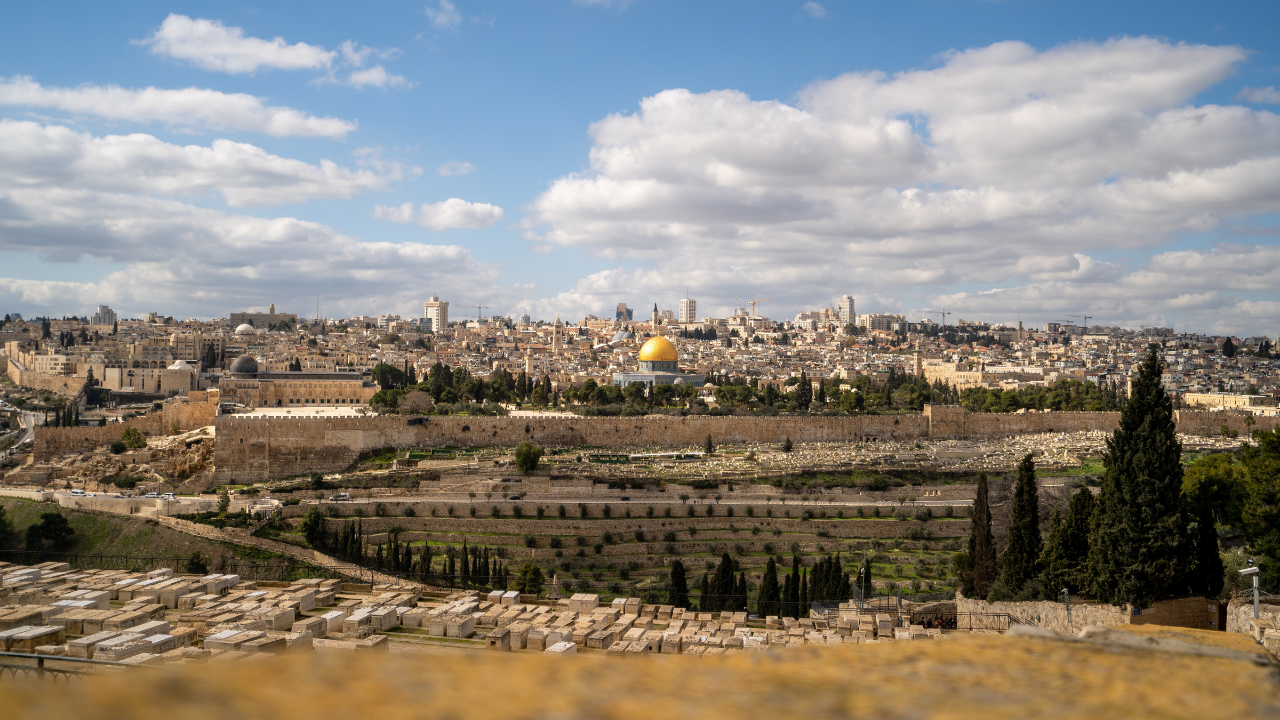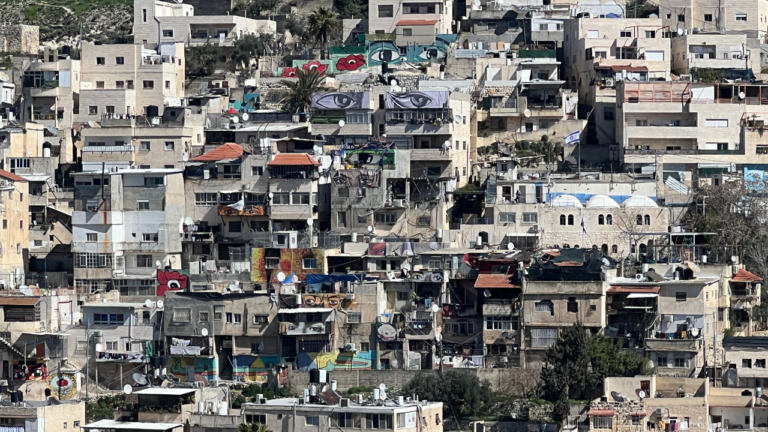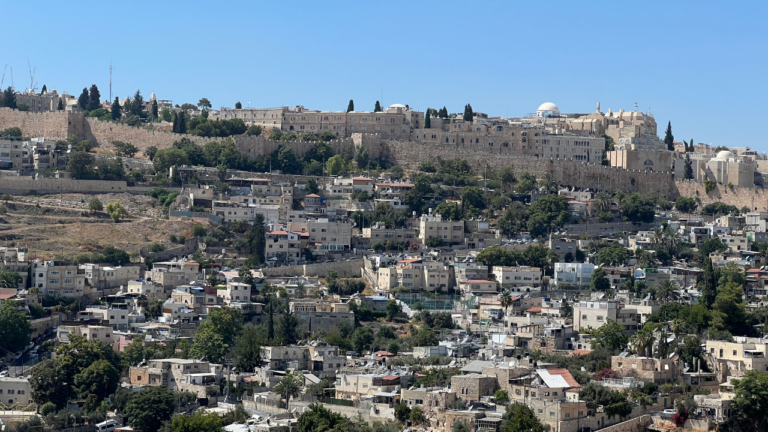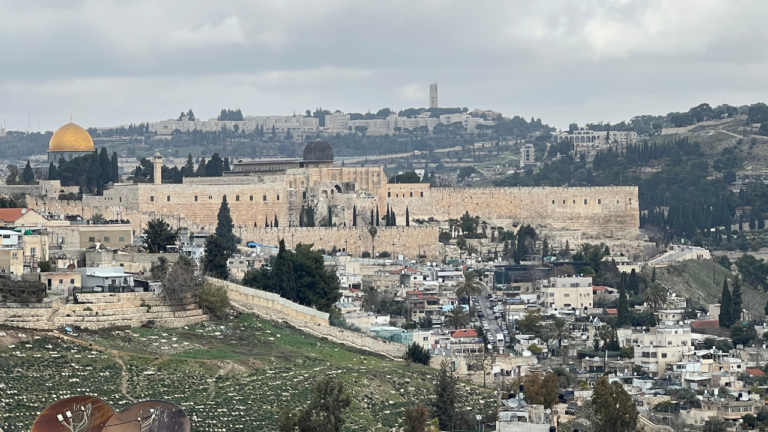The Holiness and Togetherness of Jerusalem
Our parsha opens with God’s charge to the Jewish people: “Be Holy!” What is the precise meaning of this mandate?
Rabbi Shimon Shkop offers a fascinating interpretation. He writes that “hakdashah” or “sanctification” in Jewish law always refers to the designation of an item to a specific and higher purpose. For example, if one has a cow in the barn, it can be used for multiple mundane purposes. Being “makdish” (sanctifying) the cow means that one designates it to be offered in the Beit HaMikdash which imbues it with a higher level of sanctity.
What would this mean for human beings? How can one ensure that every action in one’s life is designated towards a lofty goal? Rabbi Shkop suggests the following:
In this mitzvah the ultimate goal and purpose of our lives is included – that all of our work and labor in this world should be designated to the betterment of other people, that we should not have any movement or action, benefit or pleasure that does not include at least some element of bettering another person.
He goes onto explain that one’s love for oneself is a very powerful emotion. It is at the root of people’s quests for money, power and fame. The mandate of “Be Holy” means that one’s sense of self should expand to include other people.
The more Torah one learns and the more connected to God one becomes, there will be a commensurate expansion of one’s identity to include other people. Accordingly, the self-love that is innate in humans will be expanded to include others – first one’s family and close social circle and eventually to include the entirety of the Jewish people. Then, every action of person does will be
transformed from egoistic and selfish to one that is designated to better others – the definition of a sanctified life.
This idea is relevant for the modern holidays of Yom HaAtzmaut and Yom Yerushalayim that are quickly approaching. The Maharal teaches that in diaspora, each Jew is an individual, living alongside other Jews but bereft of a sense of existential unity. It was only in the Land of Israel that the Jewish people can truly become “completely one nation” and reach a state of being interwoven into a single entity.
The epitome of this unified identity occurs in Yerushalayim. This city was never given to a single tribe but remained in the collective hands of the entirety of the Jewish people. It is the city that “makes the Jewish people into friends.” The expansion of self to include the Jewish people as a whole is most attainable and able to be experienced in the city of Yerushalayim. Therefore, based on Rabbi Shimon Shkop’s definition of holiness, it is no surprise that Yerushalayim is also the holiest location on earth. The ability to transcend oneself and designate all of one’s actions towards a higher purpose of benefitting other people is the very definition of holiness, optimally experienced in the city of unity – Yerushalayim.



